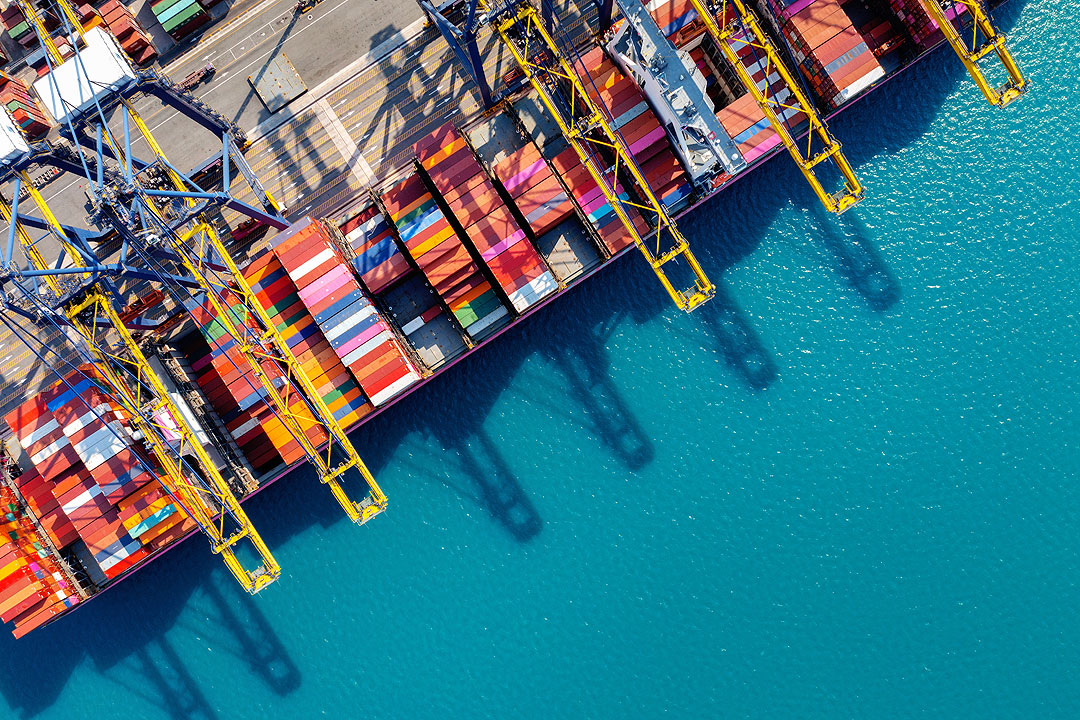The recent economic headwinds that impacted Latin America are steadily easing, supported by stabilized inflation rates, recovery in key export sectors, and renewed global investor confidence. With a combined population of over 250 million people, Mexico and Colombia represent two of the most dynamic consumer markets in the region and offer significant opportunities for international companies seeking long-term growth.
Governments in both countries are implementing policies to foster innovation and competitiveness, particularly in sectors such as sustainable energy, infrastructure, and technology. Both nations are investing in education and digital connectivity, resulting in a young and skilled workforce prepared to meet the challenges of a globalized economy.
Thanks to their strategic location, trade agreements, and improving business climates, Mexico and Colombia present attractive opportunities for Dutch companies to invest or expand.


